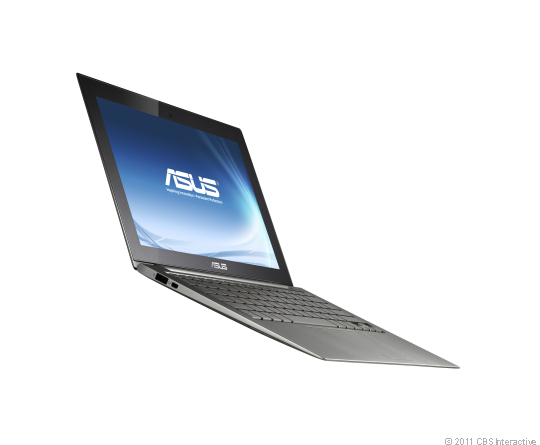Intel touts 'ultrabooks'; Highlights Android Honeycomb Atom-based tablet

Intel on Tuesday touted "ultrabooks," tablet and laptop tweeners that would resemble MacBook Airs, and said these lightweight devices will account for 40 percent of the laptop market by the end of 2012.
Speaking at the Computex show in Taipei, Sean Maloney, Intel's executive vice president, said these ultrabooks will continue to improve annually. While the ultrabook phrase will generate initial buzz, these devices are evolutionary. What's initially unclear is how an ultrabook differs from the netbook---a market under fire from tablets. Intel frequently touts next-gen reference designs. Anyone remember the mobile Internet devices (MID)?
Intel's mission at Computex was clear. Prove that it has a tablet strategy---the company touted design wins and Maloney showed off 10 tablets---and give the laptop cycle more life. And of course, Intel plans to be a key chip provider for both. The chip giant has the laptop market locked up, but tablets are a different story as Qualcomm and Nvidia are out to an early lead along with the ARM architecture.
Also: Intel unveils new class of PC - 'Ultrabooks'
Maloney said these ultrabooks will cost less than $1,000, be less than 0.8 inches thick and run on second generation Core chips at first. In other words, Intel is arguing that a big chunk of the laptop market will resemble the MacBook Air.
The second phase of the ultrabook rollout will occur with "Ivy Bridge" in the first half of 2012. Intel will then improve chip performance annually.
However, Intel's ability to make its Atom chip a tablet processor may be the more important factor. Ultrabooks are nice, but it appears tablets are going to be dominant. To that end, Intel demonstrated tablets running Windows, Meego and Android.
Maloney highlighted an Intel "Medfield" design running Google's Honeycomb tablet operating system. Those designs are expected to hit production later this year and hit the market in the first half of 2012.
